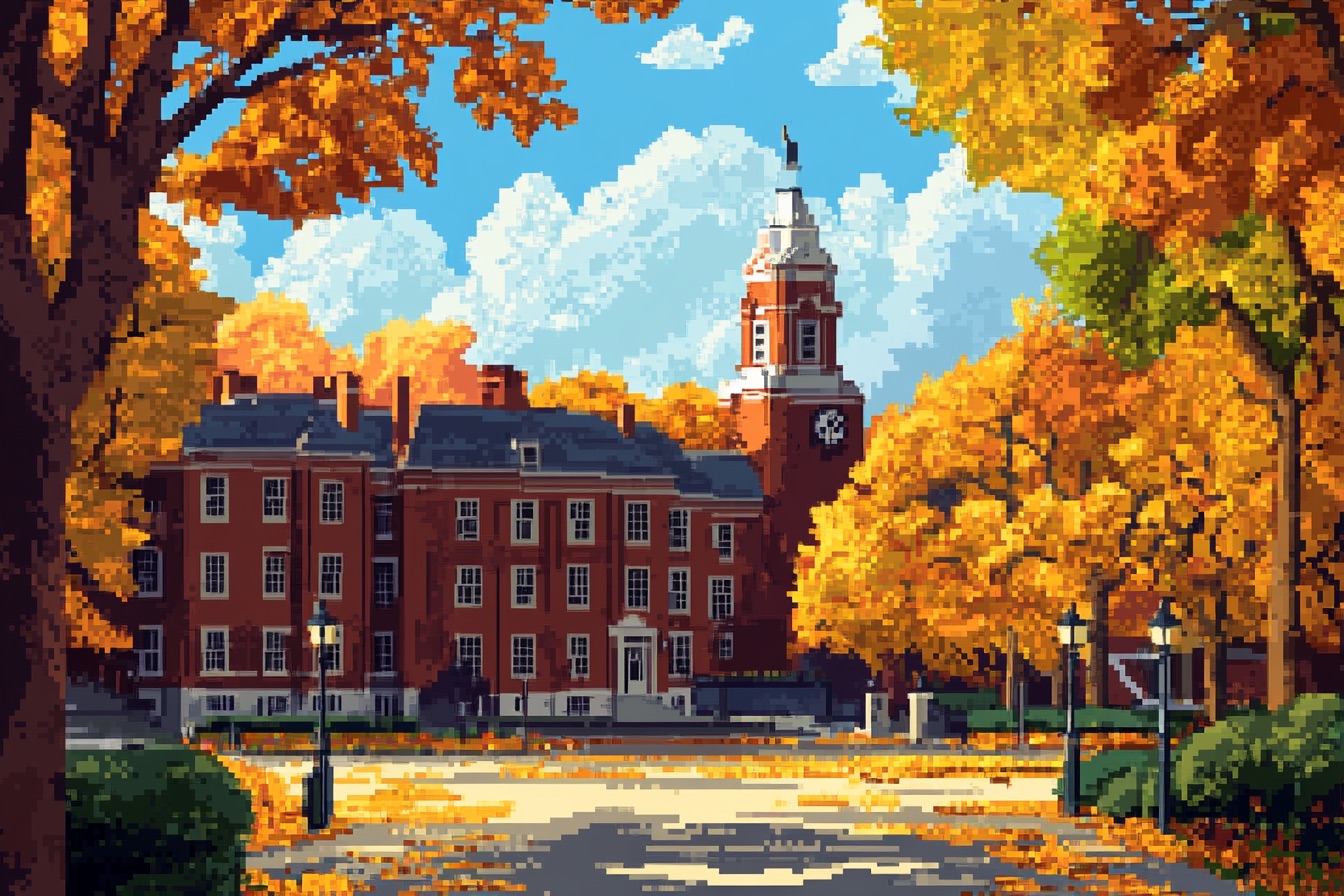Five hours on a Mexican hillside changed everything for Harvard psychologist Timothy Leary. Under the spell of psilocybin mushrooms, he felt he’d learned “more about the mind than in years of research.” Back in Cambridge, he joined forces with colleague Richard Alpert (later Ram Dass) and ordered synthesized psilocybin from Swiss firm Sandoz. Their question quickly out-grew the lab: Could psychedelics mend the stress, alienation, and spiritual flatness of modern life?
The First Wave of Tests
- Pilot group: 38 volunteers—artists, students, writers—took psilocybin in calm, natural settings.
- Full first-year roster: 167 participants once the study scaled.
- Results:
- 75 % called the experience pleasant.
- 69 % showed what researchers dubbed a “broadening of awareness.”
- 95 % later said it “changed life for the better.”
Leary and Alpert always stressed set and setting: dose, mindset, room design, music, and supportive guides mattered as much as the molecule itself.
Two Experiments That Made Headlines
1. Concord Prison (1961)
Inmates nearing release received guided psilocybin sessions meant to spark reflection and break recidivism cycles. Many reported fresh guilt, empathy, or clarity about life on the outside. Leary later cited lower re-offense rates, but loose methodology kept the claim unproven.
2. Good Friday Experiment (1962)
Twenty theology students attended a Good Friday service; half received psilocybin, half a placebo. Those on the drug described profound mystical states—visions, unity, a felt presence of the divine—ranking the event among their life’s most meaningful moments. It was the first controlled hint that psychedelics can reliably evoke “mystical-type” experiences.
Fame, Friends, and Friction
Within Harvard, three worries grew:
- Ethics – Researchers tripped with subjects; some students felt pressured; at least one undergraduate was dosed, defying university policy.
- Rigor – Sparse control groups and shifting protocols left hard data thin.
- Public Image – A Harvard Crimson exposé fueled a state health-department probe.
By 1963 Leary was dismissed for neglecting teaching duties; Alpert was fired for dosing a student. The project ended—its legend began.
After Harvard
- Leary hit the lecture circuit urging America to “turn on, tune in, drop out,” becoming a media symbol of the psychedelic ’60s.
- Alpert traveled to India, met guru Neem Karoli Baba, and returned as Ram Dass. His 1971 book Be Here Now merged Eastern wisdom with psychedelic insight and sold millions.
Different paths, same conviction: altered states can be tools for healing and awakening.
Lasting Impact
- Birth of psychedelic therapy – Today’s FDA-approved psilocybin trials trace lineage straight back to Harvard.
- “Set & Setting” doctrine – Now standard practice for safe, meaningful sessions.
- Cultural spark – Inspired waves of writers, researchers, and seekers.
Modern labs at Johns Hopkins, NYU, and yes, Harvard are revisiting those questions with rigorous double-blind protocols. The core curiosity hasn’t changed: Can these substances help us heal, grow, and reconnect?
Why It Matters to ALTERD
ALTERD stands on the shoulders of that curiosity—minus the chaos. We hand you structured, AI-guided tools to explore altered states safely: set your intention, capture insights, reflect with community, repeat. The Harvard Psilocybin Project proved the terrain is rich; ALTERD builds the map.

